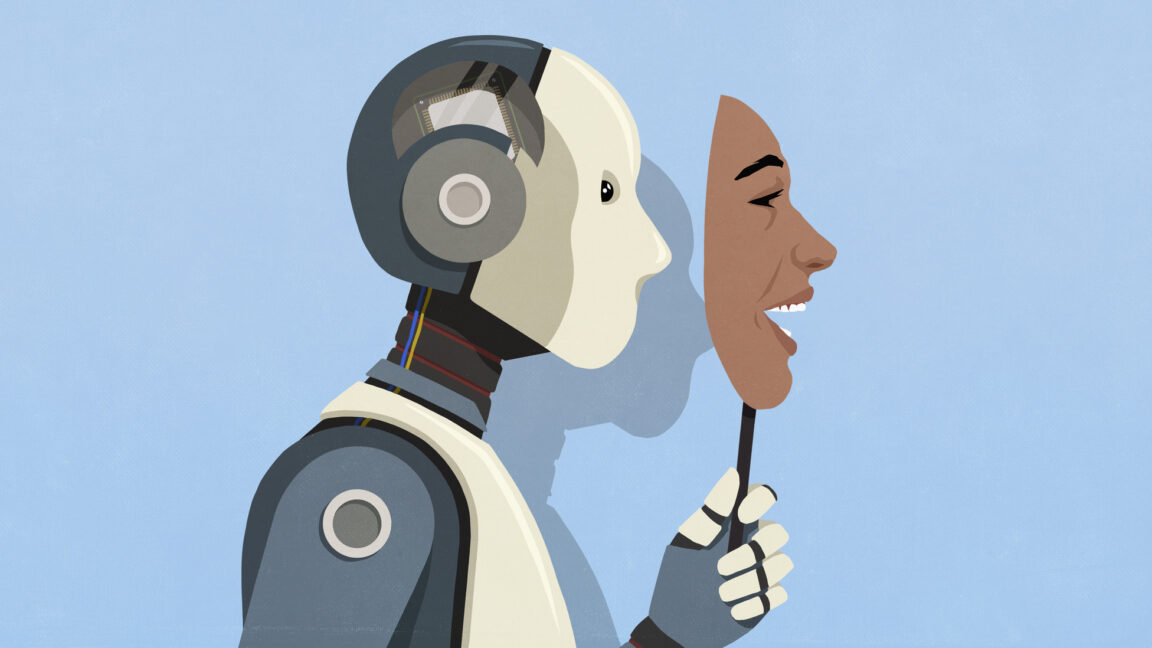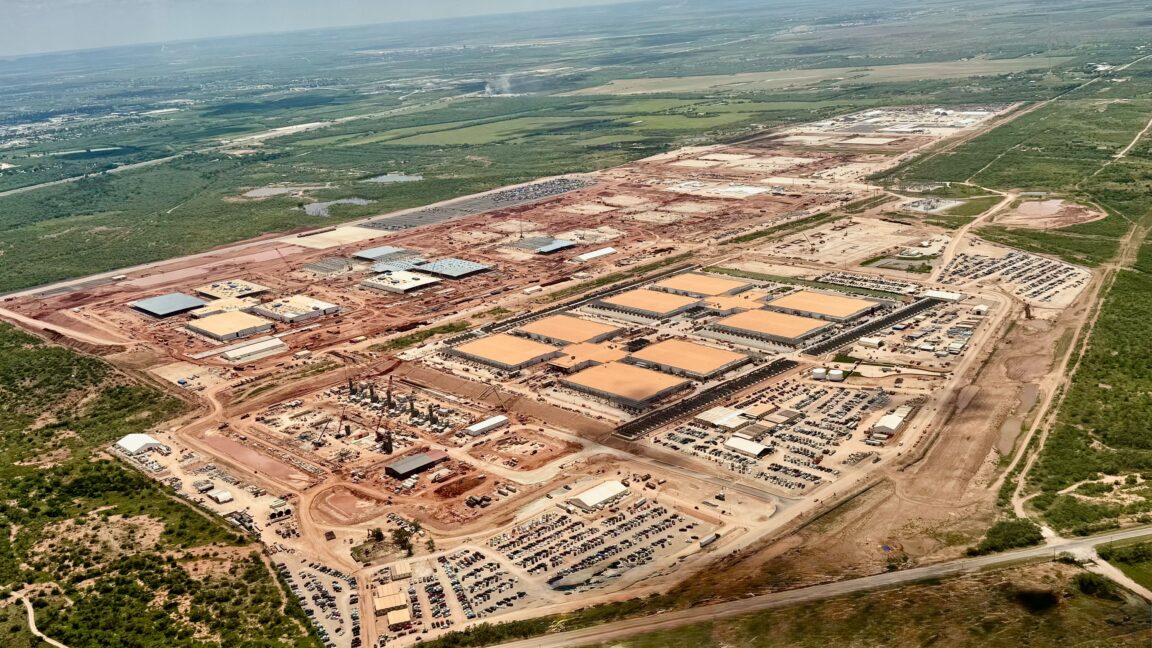Introduction to Artificial Intelligence in Healthcare
Artificial intelligence (AI) is revolutionizing the healthcare industry, and several companies are at the forefront of this innovation. Google, Microsoft, Corti, Ambience Healthcare, Innovaccer, Nvidia, and GE HealthCare are some of the major players making significant contributions to the field.
Google’s Agentspace
Google said at a healthcare artificial intelligence roundtable that Agentspace is its fastest-growing artificial intelligence product. Launched earlier this year, the platform and its companion Vertex AI Model Garden allow enterprises to create agents that derive patient insights from multiple data sources. Girish Naganathan, chief technology officer and executive vice president at medical device developer Dexcom, said during the roundtable that the tools improve the personalization of the company’s glucose monitoring devices and connect patient data to electronic health records, where primary care providers can access it.
Microsoft’s Azure AI Foundry
Microsoft added Grok 3 and Grok 3 mini to its Azure AI Foundry platform earlier this month. Many in the healthcare industry were skeptical of Grok AI when the startup owner, Elon Musk, suggested the LLM would play a role in healthcare and asked users on his X social media platform to upload medical images for testing. At the time, Grok was only available through the platform by subscription. While Grok received mixed reviews on accuracy, Microsoft said in its announcement that the new Grok models have deep domain expertise in healthcare, science, and other sectors.
Corti and the Coalition for Health AI
Corti, an AI infrastructure vendor, said it is joining the Coalition for Health AI, an industry-led coalition developing frameworks to further the safe adoption of health AI. The company said that through CHAI, it can help ensure safeguards that allow responsible innovation to scale across the healthcare system. "Too many applications today are adapted from general-purpose models built to serve all industries," Andreas Cleve, Corti’s CEO and cofounder, said in a statement Thursday.
Ambience Healthcare’s Coding-Aware AI Scribe
Ambience Healthcare said its new Coding-Aware AI scribe, powered by OpenAI AI reinforcement fine-tuning technology, is now generating medical codes with 27% greater accuracy than board-certified physicians. The company said in a statement that lost diagnosis coding and documentation errors cost the industry $19 billion. While listening to conversations during patient appointments, the AI uses RFT to identify billing codes. For the study, Ambience said it benchmarked the model against 18 experienced, board-certified physicians on ICD-10 coding accuracy.
Innovaccer’s Healthcare Data Interoperability Platform
Innovaccer announced that it is rolling out the general availability of its healthcare data interoperability platform, Gravity, to give healthcare organizations the power to unify data across clinical and operational systems with AI. Abhinav Shashank, the company’s cofounder and CEO, explained in a Healthcare IT News Q&A on May 23 that the platform’s low-code/no-code developer studio and pretrained AI agents make it possible to launch the first use case in 90 days.
Nvidia and GE HealthCare’s Collaboration
Nvidia and GE HealthCare announced a new collaboration to advance diagnostic imaging using Isaac, a medical device simulation platform, to develop autonomous X-ray and ultrasound applications. Nvidia said Isaac’s pretrained models and physics-based simulations will help GE train, test, and validate autonomous imaging system capabilities in a virtual environment before deploying them in the physical world. The goal of the partnership, according to a statement from GE Healthcare’s Roland Rott, president and CEO of imaging, is to enhance the speed of development workflows and create tools that address healthcare’s growing workloads and staffing shortages.
OpenAI’s HealthBench
OpenAI launched a platform called HealthBench at the beginning of the month that evaluates the safety of health AI models. Trained by more than 5,000 conversations, HealthBench can simulate interactions between AI models and patients or clinicians. The company said in a statement that the product is designed to help healthcare organizations understand model behavior "in high-impact settings and help ensure progress is directed toward real-world benefit."
Conclusion
Artificial intelligence is transforming the healthcare industry, and companies like Google, Microsoft, Corti, Ambience Healthcare, Innovaccer, Nvidia, and GE HealthCare are driving this innovation. Their advancements in AI technology are improving patient care, streamlining clinical workflows, and enhancing the overall healthcare experience.
FAQs
Q: What is Agentspace, and how does it contribute to healthcare?
A: Agentspace is Google’s fastest-growing artificial intelligence product, which allows enterprises to create agents that derive patient insights from multiple data sources.
Q: What is Microsoft’s Azure AI Foundry, and what does it offer?
A: Microsoft’s Azure AI Foundry is a platform that offers AI models, including Grok 3 and Grok 3 mini, with deep domain expertise in healthcare, science, and other sectors.
Q: What is the Coalition for Health AI, and what is its purpose?
A: The Coalition for Health AI is an industry-led coalition that develops frameworks to further the safe adoption of health AI, ensuring responsible innovation and scalability across the healthcare system.
Q: How does Ambience Healthcare’s Coding-Aware AI Scribe improve medical coding?
A: Ambience Healthcare’s Coding-Aware AI Scribe generates medical codes with 27% greater accuracy than board-certified physicians, reducing errors and costs associated with lost diagnosis coding and documentation.
Q: What is Innovaccer’s Gravity platform, and what does it offer?
A: Innovaccer’s Gravity platform is a healthcare data interoperability platform that unifies data across clinical and operational systems with AI, enabling low-code/no-code development and pretrained AI agents.
Q: What is the goal of Nvidia and GE HealthCare’s collaboration?
A: The goal of Nvidia and GE HealthCare’s collaboration is to advance diagnostic imaging using Isaac, a medical device simulation platform, to develop autonomous X-ray and ultrasound applications, enhancing development workflows and addressing healthcare’s growing workloads and staffing shortages.
Q: What is OpenAI’s HealthBench, and what does it do?
A: OpenAI’s HealthBench is a platform that evaluates the safety of health AI models, simulating interactions between AI models and patients or clinicians to ensure progress is directed toward real-world benefit.











